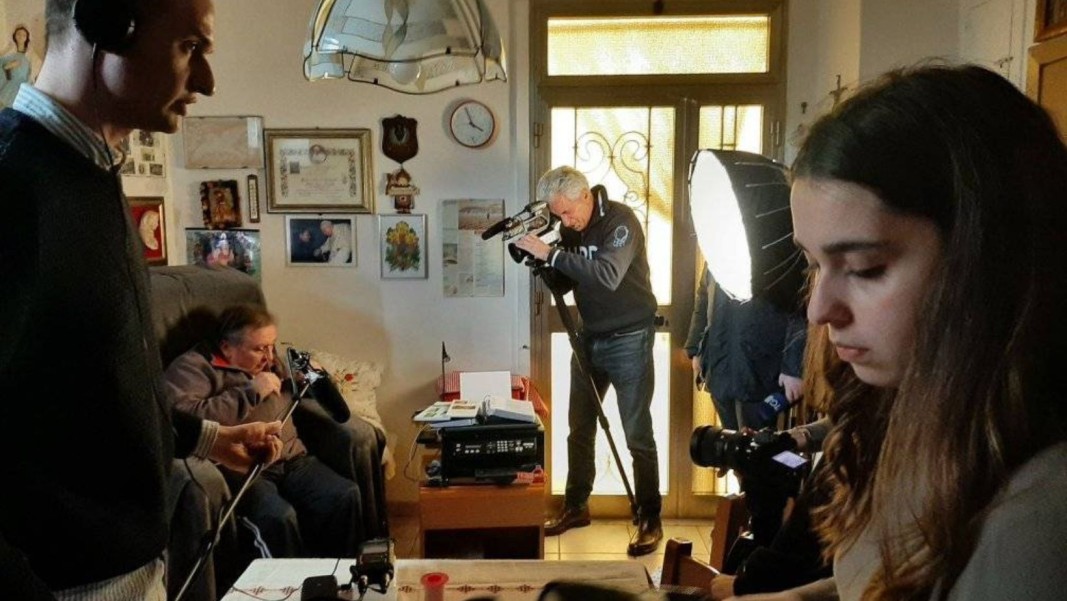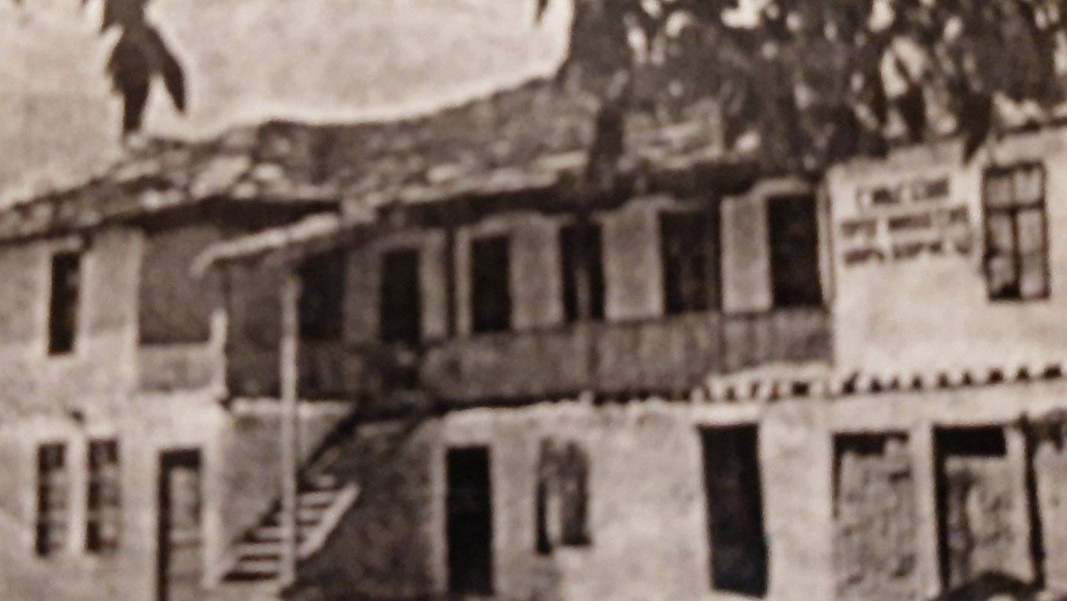A film set has become the new classroom of the children of the Bulgarian Sunday School "Assen & Ilia Peikov" in Rome.
The pupils are hard at work filming a documentary dedicated to three prominent fighters for Bulgarian independence - Catholic bishops Petar Parchevich, Filip Stanislavov and Petar Bakshev. They were instrumental in organising one of the largest Bulgarian uprisings against Ottoman rule in the 17th century - the Chiprovo Uprising, which happened 190 years before the actual liberation of Bulgaria.
"Thank you to RAI 3 for covering the filming of our documentary about the first Bulgarian school founded by Bulgarian Catholics in Chiprovtsi 400 years ago! Thanks to the Ministry of Education and Science and ERASMUS+ for making this all possible," said Veneta Nenkova, a cultural researcher, founder of the school and president of the "Parallel 43" cultural association in the Italian capital.
The students' exploration of lesser-known facts of Bulgaria's history prompted Italian television to air a documentary titled "Hidden Pages of Bulgarian History".
A very exciting part of the making of the film is the interview with Padre Angelo Gabriele Giorgetta - "an Italian who tells the history of our country in Bulgarian. Padre Angelo Gabriele Giorgetta deserves the highest Bulgarian order for his contribution to the research and propagation of Bulgarian history and culture in Italy" - says Veneta Nenkova. She shows a unique gift by the Padre - a message to the young, written in Bulgarian:
The film project is associated with two notable anniversaries. In 2024, it will precisely commemorate the 350th anniversary of the deaths of Bishops Petar Parchevich, Filip Stanislavov, and Petar Bakshev, as pointed out by Veneta Nenkova.
"They were Bulgarian Catholics who had been brought up in Italy. They knew what it was like to live in a free country and wanted the same for their homeland," she told Radio Bulgaria, adding, "They organised people of both Orthodox and Catholic denominations, as well as a European army, to support the rebellious residents of Chiprovtsi."

Another important anniversary is the 400th anniversary of Bulgaria's first secular school. Its history is not well known either. We know about the school in Gabrovo in 1835, but the first Bulgarian secular school was founded by Catholics in Chiprovtsi in 1624.
The facts about who the teachers were and what they were studying are very well known, but there was no publicity in Bulgarian because they were Catholics. In fact, it was not a religious school - many craftsmen and merchants had studied there.
The film shooting continues...


Photos: Facebook/ Veneta Nenkova
After the success of the "We are the children of the river" festival in September, a civic foundation is once again collaborating with the Plovdiv City Centre Municipality. This time they have organised an exhibition of the same name, featuring..
The Gala Concert of the National Ballet of El Salvador will take place today at 16.00 in the State Opera House in Stara Zagora as part of the programme of the 54th International Festival of Opera and Ballet Arts . The founder and director of..
The ninth edition of the initiative Poetry in the Metro opens today and lasts until 23 December. The project was initiated by the Polish Cultural Institute in Sofia. It includes poems by 20 European writers. They will be displayed on panels..
The Gala Concert of the National Ballet of El Salvador will take place today at 16.00 in the State Opera House in Stara Zagora as part of the..
After the success of the "We are the children of the river" festival in September, a civic foundation is once again collaborating with the Plovdiv..

+359 2 9336 661
